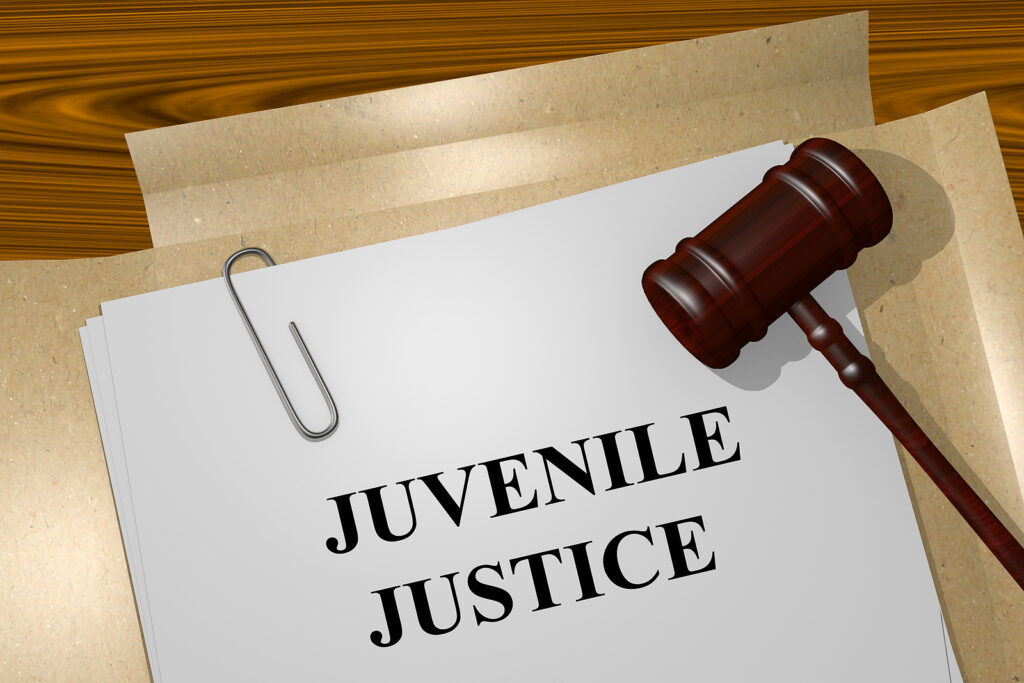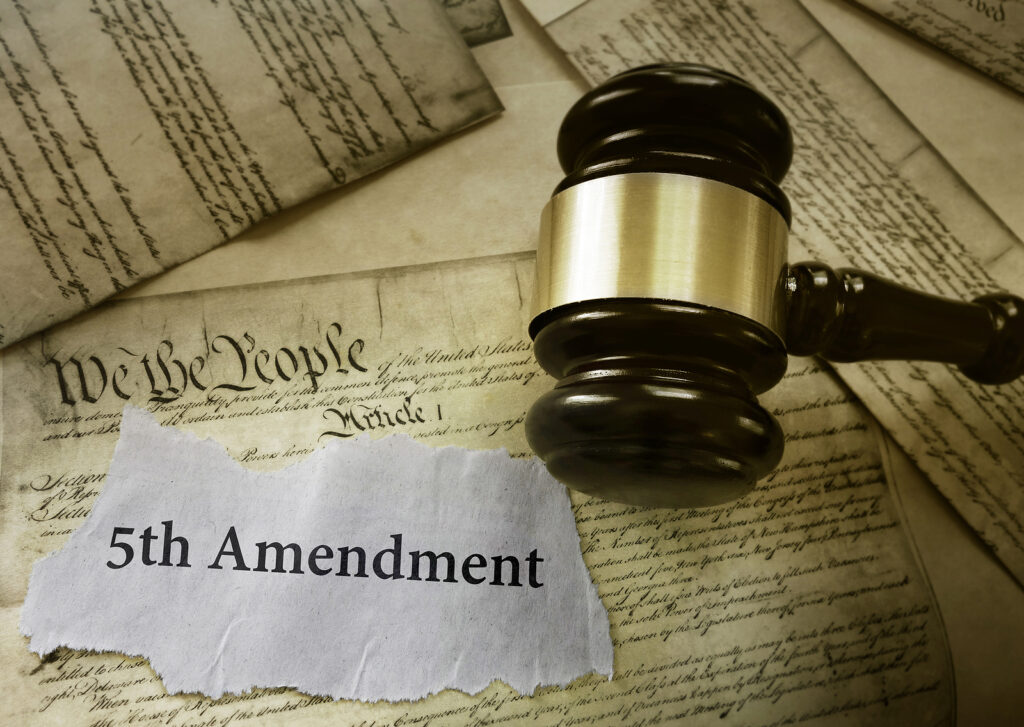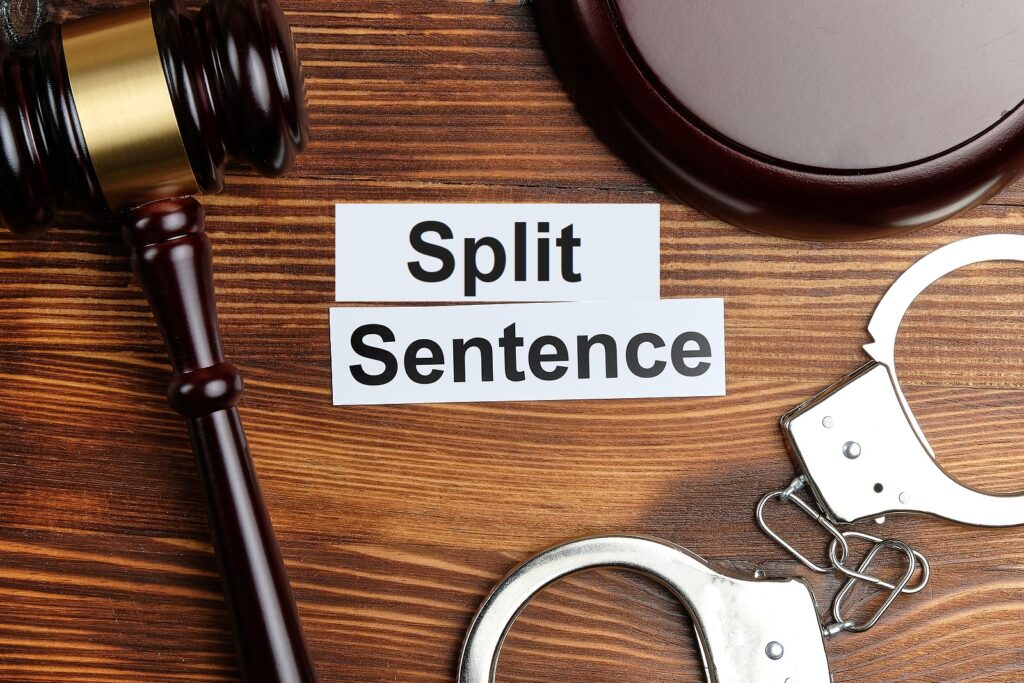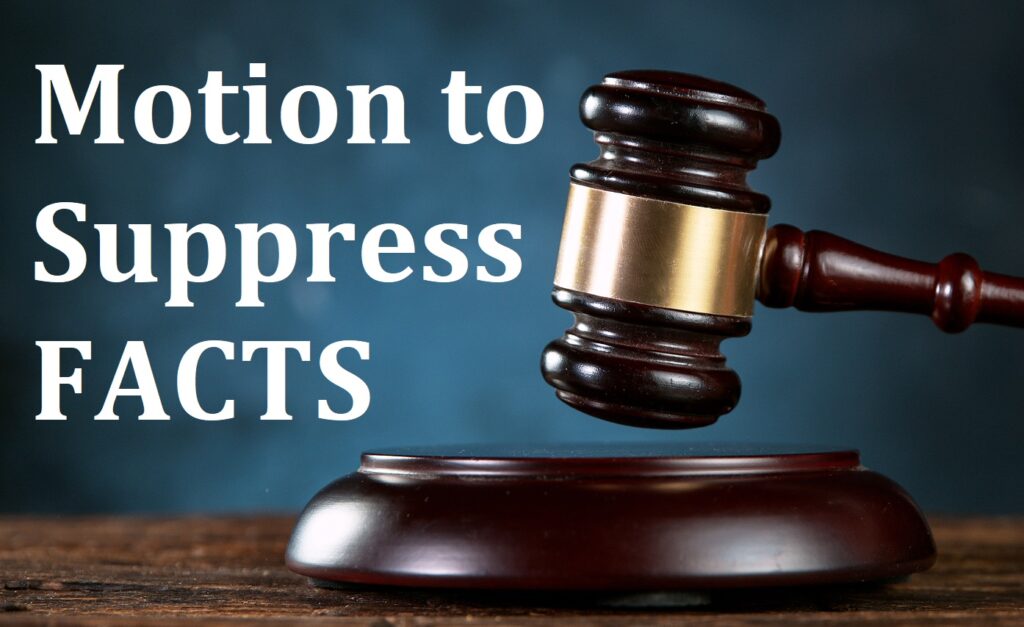Facing criminal charges is not a pleasant experience, regardless of how major or minor they may be. But, if you have the right knowledge, prepare accordingly, and hire a skilled criminal defense attorney, you can help ease the anxiety and fear that generally comes along being a criminal defendant. Many suspected offenders want to know the laws and procedures surrounding criminal search and seizures, as this is often the beginning of the indictment and criminal investigation process.
Continue below to review the top frequently asked questions about search and seizures, as well as how to protect your rights as you face criminal charges in Indiana.

Frequently Asked Questions About Search and Seizures
Does Our Fourth Amendment Right Protect Us Against Illegal Searches?
The 4th Amendment of the United States Constitution gives citizens the right to be free of unlawful or unreasonable searches and seizures by law enforcement officials. This means that police and other forms of law enforcement must have a good reason to legally search you or your property, as well as seize personal belongings or make an arrest.
“Good reason” is established when police identify tangible evidence or facts that leads them to believe a person is committing, has committed, or intends to commit a crime. This is also referred to as probable cause. If sufficient probable cause is present during a police encounter in a place where privacy is not expected, a search and seizure is not deemed unreasonable, therefore, it is not illegal.
Can a Cop Search My Property Without My Permission?
Since police have the authority to make a probable cause determination, they can legally search your property if they want to, whether dwelling, vehicle, storage unit, barn, or shed. There is very little chance that they are found guilty of an illegal search later on.
Can I Refuse or Resist a Search?
There are several complexities involved with an officer’s right to perform legal searches without warrants, so you may be confused on whether or not your 4th Amendment right applies. In fact, a person can potentially be arrested and held in custody for resisting a search. If you believe you were unfairly searched, you can always file a claim afterwards that alleges a violation of your rights. Talk to a licensed Indianapolis criminal defense lawyer to learn your rights and get help with your case.
How Do I Know if a Search Warrant is Valid?
There are ways you can ensure that a search warrant is legally standing and valid. When confronted with a search warrant by law enforcement, review the document and look for a magistrate’s signature, a description of the location to be searched, and a description of the items to be seized.
Can a Cop Read My Text Messages and Mail?
Whether snail mail, email, or text messages, a law enforcement officer can read through your literature if they have a valid search warrant. Once you are placed under arrest, police can confiscate and search through any belongings you have in your possession or on your person, such as purses, bags, wallets, and in some cases, cell phones. This is known as a “search incident to arrest.” Not all states allow a cell phone search under these circumstances, and instead, require a warrant to do so.
Are you facing criminal charges in Indiana and wish to dismiss or reduce them? Contact Attorney David E. Lewis at 317-636-7514 to speak with a skilled and aggressive criminal defense lawyer in Indianapolis, Indiana. Act fast so that you may avoid the maximum penalties for your charges!
You Should Also Like:
Facts About Police Stops and Pat Downs
Examples of Unlawful Search and Seizures
Can I Refuse a Dog Sniff Search of My Vehicle?










